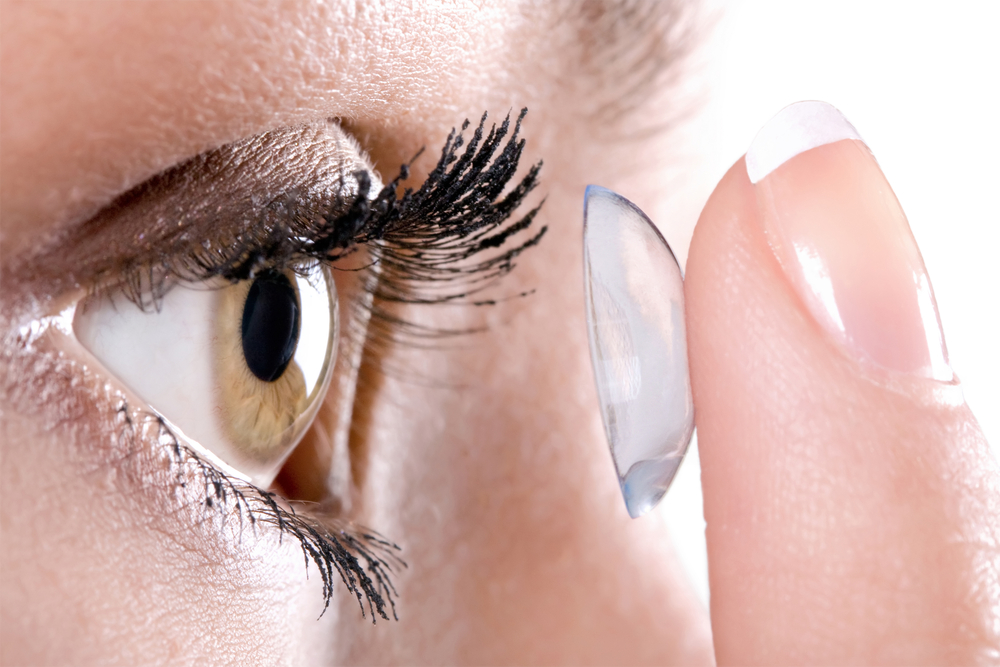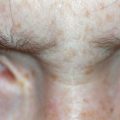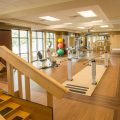Glasses have come a long way since they first entered mainstream use back in the late 1800s. They have become the standard go-to method for sight correction these days, giving rise to numerous shapes and designs. Glasses are popularly used to correct myopia (short-sightedness), hyperopia (farsightedness), and various other forms of astigmatism.
Despite the great strides made to make glasses more comfortable and fashionable, they are not for everyone. There are a few downsides to wearing them. For starters, they have a tendency to get dirty, requiring regular cleaning, sometimes up to several times a day. They also block your peripheral vision, something that can be a great inconvenience when playing sports. Also, glasses can get broken easily or otherwise damaged when worn during sporting activity. Lastly, some people just don’t like how they look when wearing specs.
Possible alternatives
Due to the drawbacks above, you may prefer alternatives to glasses. You can choose between contact lenses, refractive eye surgery, and intraocular lenses. These alternatives are discussed further below:
- Contact lenses

Contact lenses are a great substitute for glasses and have the added advantage of convenience. Modern contacts have evolved from the rigid lenses of yesteryear to the soft lenses and gas permeable contacts available today. These are more comfortable to wear, and you can purchase disposable ones depending on your needs. They are also available in different colors, allowing you to personalize them as you wish.
In spite of their convenience, contact lenses have some disadvantages, mainly the possibility of developing serious eye infections should you fail to follow your doctor’s instructions for wearing them. They can also cause dry eyes if you wear them for prolonged periods.
- Refractive surgery
Refractive surgery is gradually increasing in popularity as a way of permanently improving clarity of vision. Though there are different types of refractive surgeries, LASIK surgery is the most commonly known. This procedure helps to correct your vision by reshaping your cornea to help light focus more correctly on your retina. If you want improved vision through LASIK surgery, make sure that you choose an eye center with trained and experienced eye care professionals who will offer you the highest level of services. As with any other surgical procedure, laser eye surgery carries some risks and side effects, so ensure that you discuss the pros and cons with your doctor before deciding whether it is right for you.
- Intraocular lenses
Intraocular lenses were previously only used in cataract surgery. These days, however, they are increasingly recommended for those who have presbyopia – an age-related vision condition that makes it difficult for people to see nearby objects clearly. Presbyopia commonly affects people who are over 40. Unlike contact lenses, intraocular lenses are implanted directly in the eye in place of the natural lens.
If you are tired of your glasses or simply don’t want to start wearing them, you can choose one of the alternatives above to correct your vision. Remember to consult your ophthalmologist for a detailed eye exam prior to selecting any of these alternatives.




























No Comments
Leave a comment Cancel